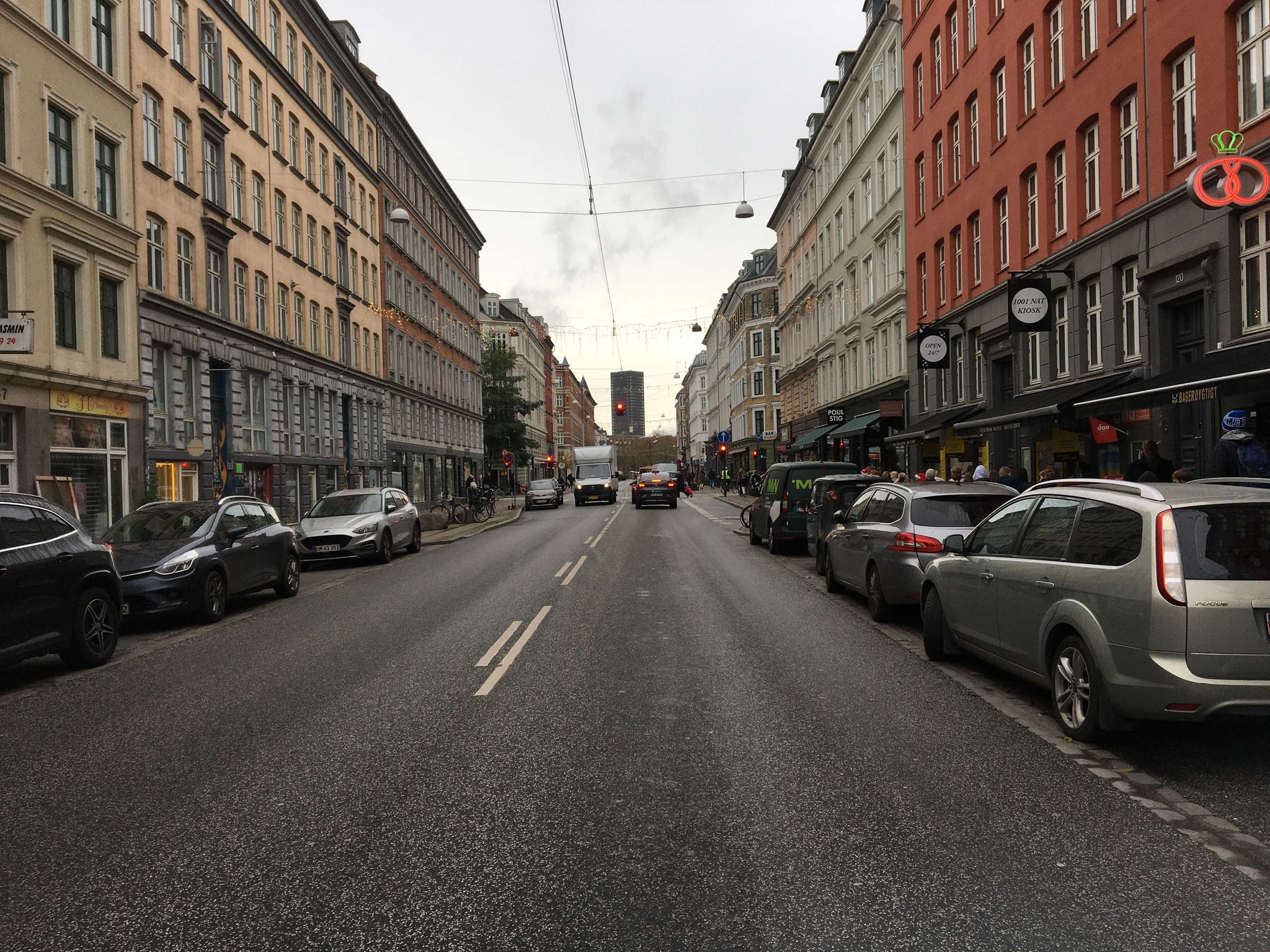Google is accepting requests from Europeans who want to erase unflattering search results for their name using the world's dominant search engine.
Just one day after revealing the details of how to go about removing the search results, it has confirmed that more than 12,000 EU citizens have petitioned for the right to do so. Google has been handling up to 20 requests per minute from Europeans anxious to clean up their reps.
While no statistics are available on how many Danes have asked to have their online houses cleaned up, the Financial Times reported that 40 percent of the requests thus far have come from Germany.
Landmark ruling
Google offered the option in response to a landmark ruling issued two weeks ago by the European high court allowing a Spanish man the right to be removed from search results. A bankruptcy in the 1990s forced the man to sell his house, and newspaper articles about the proceedings showed up every time the man’s named was searched, even though he has long since moved past the incident and improved his financial and credit situation.
Critics say that Google is giving into privacy concerns and allowing ‘the right to be forgotten’ to overshadow the public’s right to know.
Different countries, different results
Google search results will also now look different in Europe compared to the rest of the world. Googling the same person in the US and other countries will bring up different results than it does in 32 European nations.
Although the court ruling only applied to 28 countries in the European Union, Google has extended the ‘right to be forgotten’ to four other countries: Iceland, Liechtenstein, Norway and Switzerland. More than 500 million people live in the countries affected. It's unclear when the changes will begin. Google is in the process of establishing the guidelines and said that it will happen “soon”.
The company said that when it removes personal information from its European search results it will include a notice about some links being omitted, as it has previously done when laws in countries such as China have required the company to censor data.
READ MORE: Google turnover raises eye-browsers
Google’s decision has raised fears that important information will be lost; things like politicians hiding damaging information from showing up and paedophiles deleting past convictions from their results.
Supporters of the ruling, including the Consumer Council in Denmark, argue that people have a right to privacy and should be able to remove some outdated and irrelevant information.

















